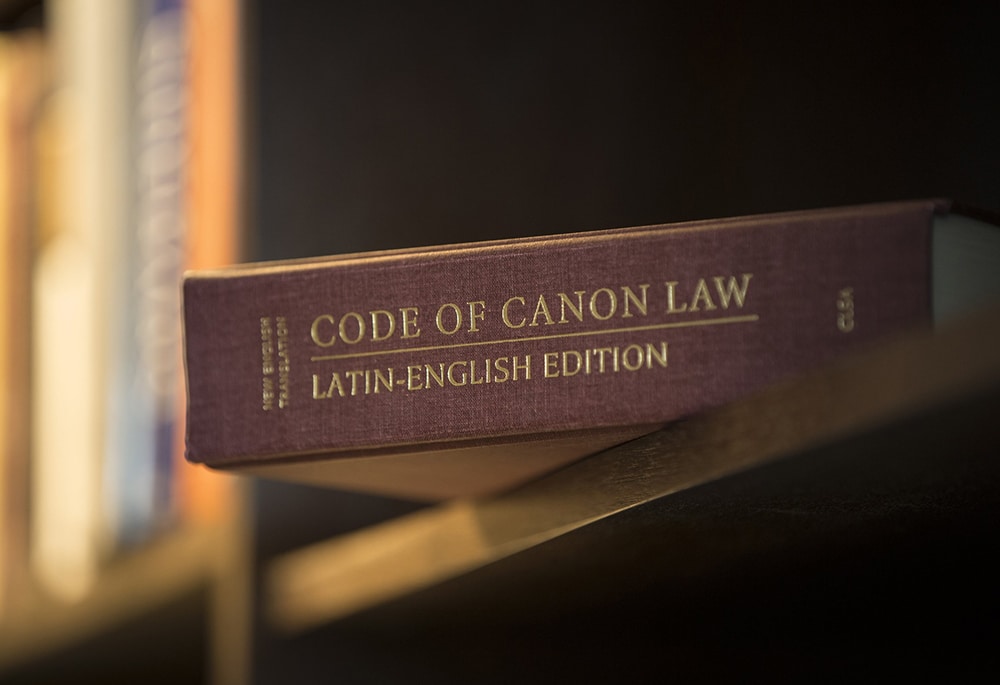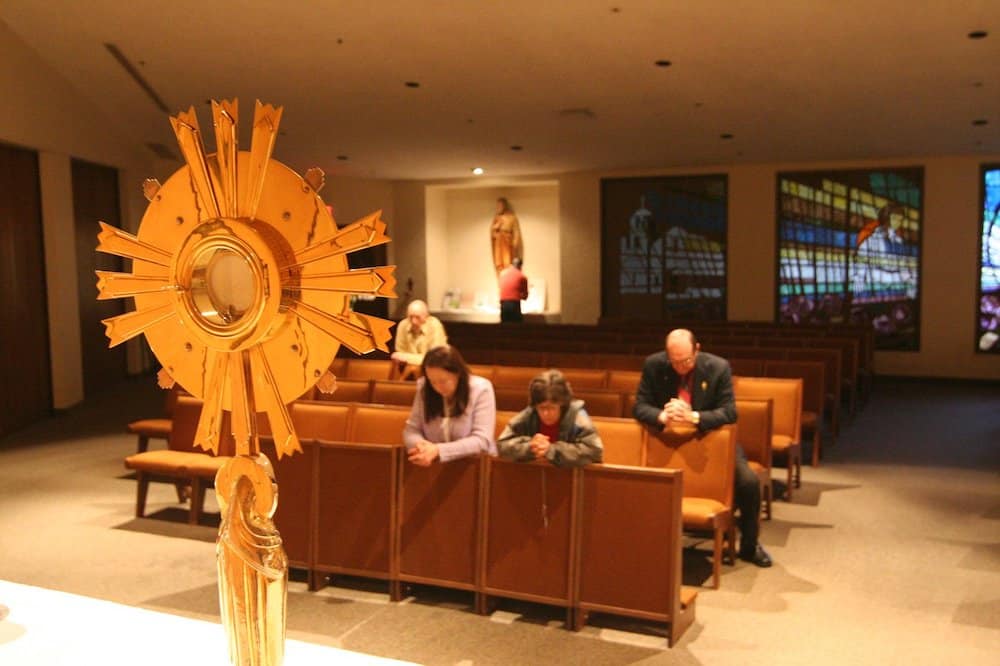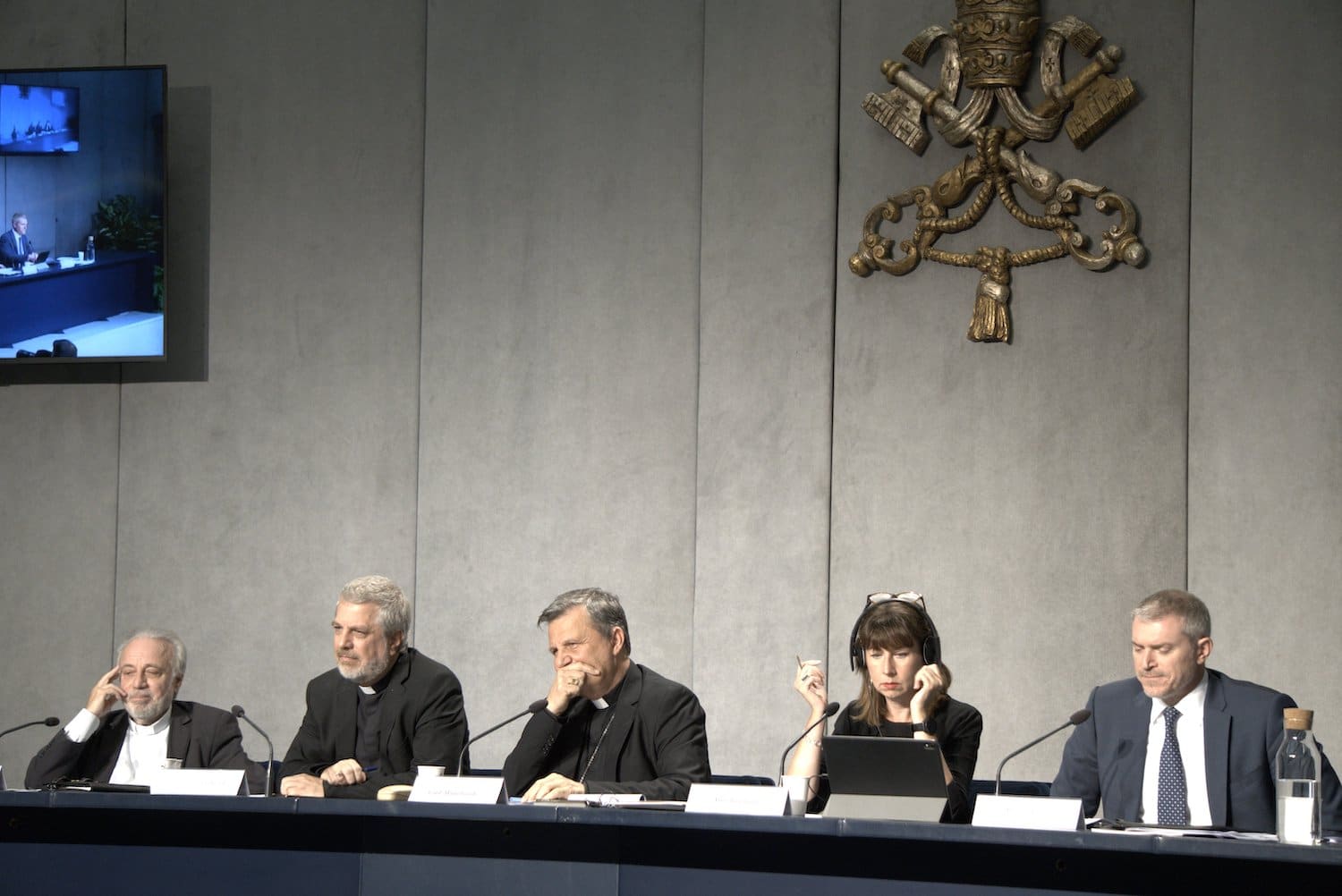Question: Are the laws of the Roman Catholic Church explained in Canon Law to be respected and even obeyed by its laity even though there are changes from the 1917 code to the 1983 code that are no longer valid?
— John Clubine, Etobicoke, Ontario
Answer: It is not the nature of Canon (Church) Law to claim infallibility. Generally speaking, laws — both civil and Church — prescribe interrelationships between individuals and groups in order to foster both justice and charity. There is a saying, “Good fences make for good neighbors.” In other words, prescribed and agreed-upon boundaries and limits assist people in getting along and living in harmony. Some aspects of this change over time as customs, cultures and expectations change. Hence, as you note, Canon Law has also changed over time.
For example, in civil laws, traffic laws are a new addition unknown in biblical times, for the most part. In biblical times, there were also requirements no longer needed or observed today. In one example, the old Jewish law required one to have rails on their roofs. This was because most people at the time used their roofs as a kind of open second story and it was necessary to prevent falls. The need for this is largely gone today. So, too, in Canon Law, realities on the ground change, and so canons adjust as needed.
In effect, therefore, Canon Law exists not to teach infallibly, but rather to set forth a framework in which all the Christian faithful can live in charity, cooperate in the building of the kingdom of God, and properly fulfill their duties and well as exercise their rights. By its nature then, as a framework, there is no claim to infallibility or inerrancy here. While it may be true that certain canons of Church law seek to protect infallible doctrines (i.e. laws that forbid blasphemy, or laws that protect the divine constitution of the Church), the laws themselves are not infallible, but rather the doctrines and dogmas they protect.







